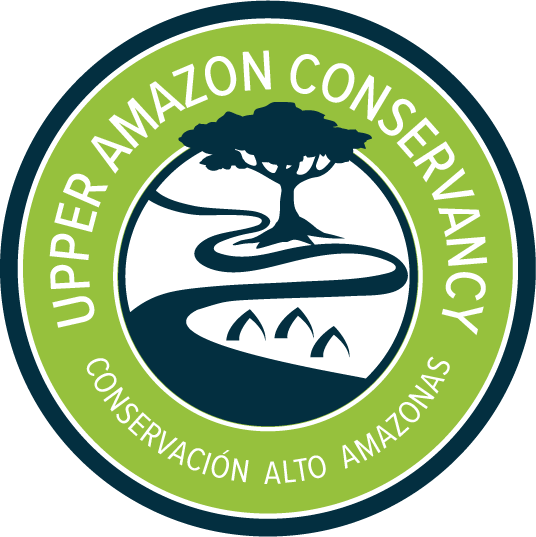UAC hosts the Juruá / Yurúa / Alto Tamaya Indigenous Congress
UAC hosted the Juruá / Yurúa / Alto Tamaya International Indigenous Congress during the last week of April in the town of Puerto Breu on the Yurua River. The three day event allowed representatives from various indigenous communities and federations on both sides of the Peru-Brazil border to discuss threats to their lands and cultures and to develop partnerships and strategies.
The Congress had several objectives, among the most important being the signing of the Inter-institutional Cooperation Framework Agreement between the Peruvian Indigenous Federation, ACONADIYSH (the Association of Native Communities for the Integral Development of Yurúa Yono Sharakoiai) and the Brazilian federation OPIRJ (the Organização Dos Povos Indígenas do Rio Juruá) located downstream. The signed agreement establishes the framework for joint activities aimed at protecting the Yurúa / Juruá watershed from threats, particularly those associated with road construction on the Peru side of the border.
Participants in the transboundary congress held in Puerto Breu, Yurua in April
The ACONADIYSH - OPIRJ agreement promotes the implementation of community sustainable development and forest protection projects, as well as the monitoring of threats and exchange of information. It includes discussions around conflict resolution and the struggle against extractive activities and infrastructure projects that undermine indigenous rights, culture, and ways of life, and threaten food security and territorial sovereignty. The signing of this important working document was attended by Berlin Diques, president of ORAU, the AIDESEP Ucayali Regional Organization, which is based in the city of Pucallpa and provides important support to ACONADIYSH.
During the Congress important pressing issues in the Juruá / Yurúa / Tamaya border region were discussed, including a review of discussions from the first cross-border congress held in November 2021 in the Asháninka village of Apiwtxa on the Amonia River in Brazil. Among the issues discussed was the Nueva Italia - Sawawo - Puerto Breu highway, and examples of sustainable economic development projects for indigenous communities.
In addition to various presentations, during the last day participants divided into working groups to share information and to strategize about 1) Threats 2) Protection 3) Community Development 4) Women Leadership and 5) Indigenous Organizational Strengthening.






Among the results of the working group is a new workplan and funding needs for ACONADIYSH, whose leadership will be critical to protecting the region from road impacts, as well as establishing the agenda for future meetings. The event ended with the presentation of the "Puerto Breu Declaration" which proposes the formation of a strategic alliance for sustainable development while respecting indigenous culture and traditions. It demands the governments provide the communities with prior, free and informed consultation in all infrastructure projects like roads. In addition, it highlights the need for health, intercultural education, and other government services in this remote area, recognizes indigenous peoples as protectors of the forest and the planet, and promotes the leadership of indigenous women.
A huge thanks to our donors for enabling UAC to organize and participate in this historic event!

